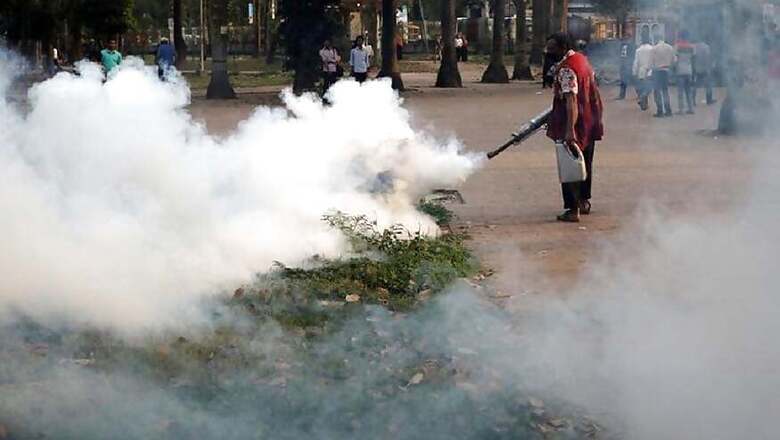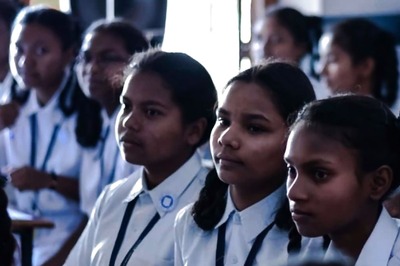
views
Malaria, a mosquito-borne disease, is a common concern for many people throughout the world. The vector-borne disease, which spreads usually during the monsoon, is caused by the bite of a female Anopheles mosquito. If a healthy mosquito bites and infected person, it can act as a vector in spreading malaria to other healthy individuals.
While many nations are working towards total elimination of malaria, it is not easy to get rid of the mosquito-borne disease. In an article published in Nature, Kamini Mendis, a professor emeritus at the University of Colombo, Sri Lanka, and a participant at the WHO’s Global Malaria Programme explains why the elimination of malaria should not put an end to our vigilance on the disease.
She writes about the mosquito-borne disease was one of the biggest problems in a Sri Lankan village thirty-five years ago. However, the scenario has changed in present times, as the mosquito-borne disease is eliminated from the country. Back in the 1990s, malaria consumed one-third of the entire public-health budget in Sri Lanka, making farmers ill just when they needed to be planting their crops and kept students from attending school.
However, after years of mosquito control, disease surveillance and case management to bring down the incidence of malaria, Sri Lanka was certified as malaria-free by the World Health Organization (WHO) on September 5, 2016. While Sri Lanka is not the only malaria-free nation in the world, with Argentina and Algeria joining the list in May this year, it seems like the researchers have ceased to worry about the disease.
Kamini writes about how countries must retain focus on prevention and gain skills to stop Malaria’s return, even after being declared malaria-free. This is because, while Venezuela was on the verge of bidding adieu to the deadly disease, it surged back after the country’s surveillance and health-care systems collapsed, with an estimated one million new cases in 2018.
Recently, in 2018, Sri Lanka’s national Anti-Malaria Campaign reported 47 imported cases of the disease. The Sri Lankan nationals and foreign visitors acquire malaria overseas and fall sick after arrival. In other words, Sri Lanka is very vulnerable to reintroduction and establishment of malaria. To retain its malaria-free status, Sri Lanka needs to quickly spot and treat the Malaria infection before it is transmitted to mosquitoes and spreads further.
Also, this should serve as a lesson for other countries too, whose aim stops as being declared a malaria-free nation.


















Comments
0 comment